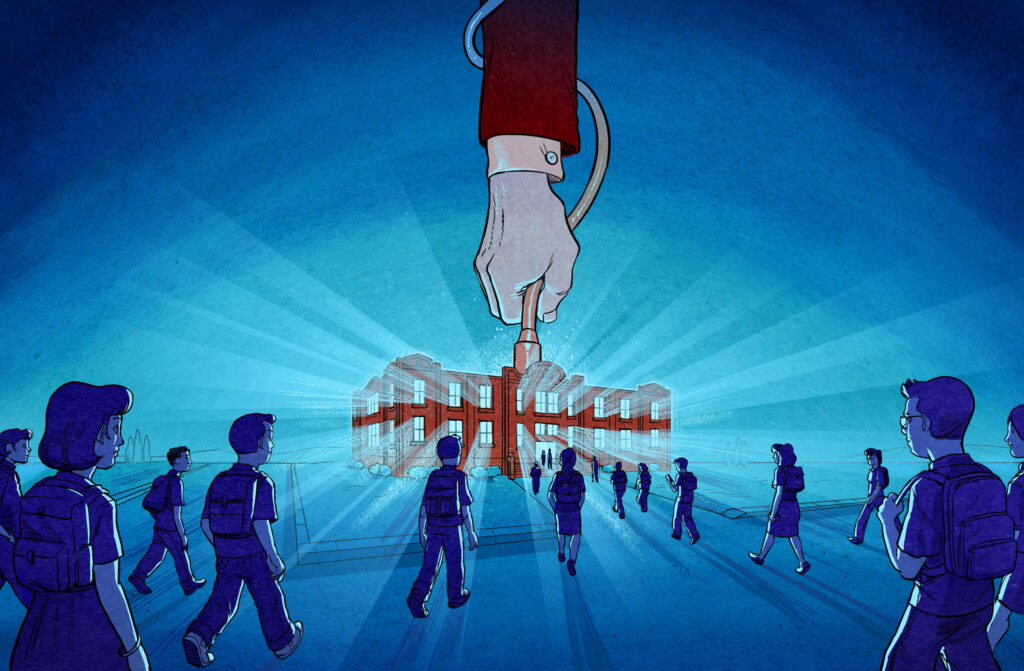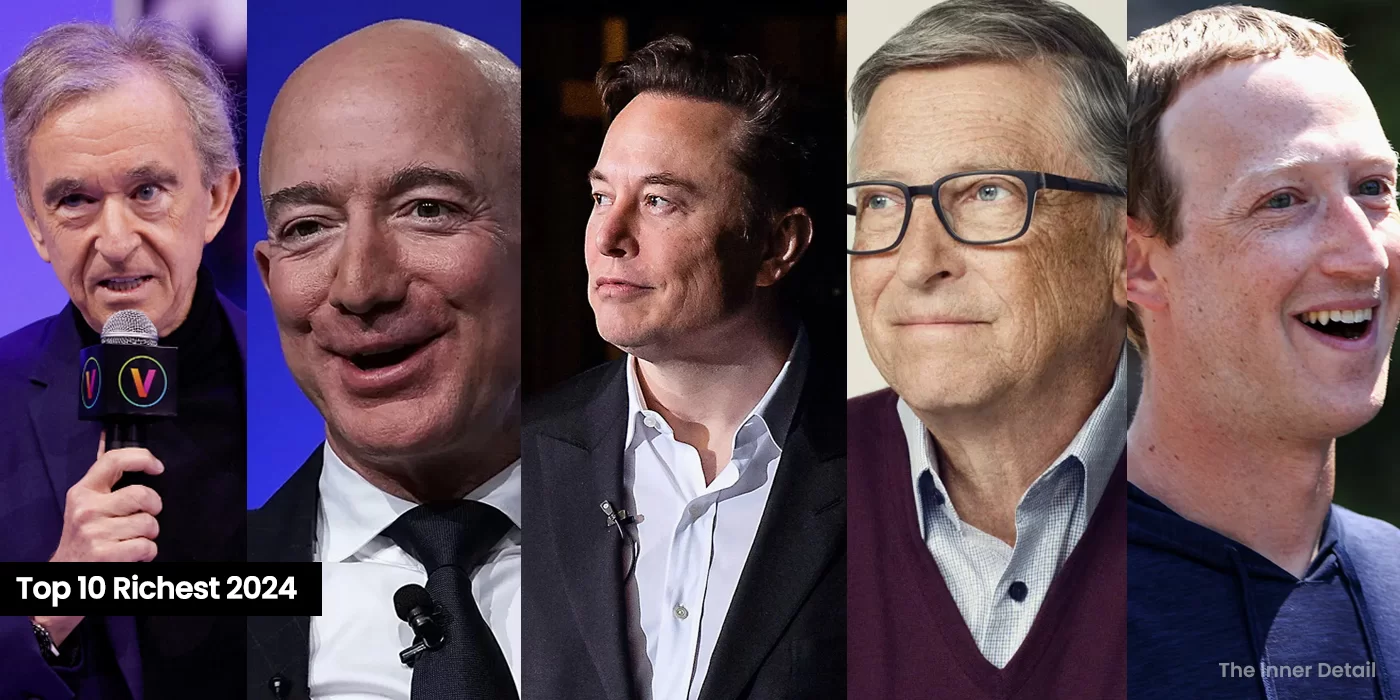In today’s world, the idea of billionaires is often praised for their supposed contributions to the economy. However, there are growing concerns about the negative impacts they have on our society. It’s time to reconsider the existence of billionaires altogether.
Let’s look at the numbers: In the U.S. alone, there are now 735 billionaires, and globally, the count stands at a staggering 2,600 as of 2024. These individuals amass immense wealth, with some like Harry Stine, an Iowa agriculture mogul, ranking among the richest Americans, with a net worth of $9.7 billion.
While some billionaires like Stine may use their wealth for philanthropic purposes, many contribute to environmental degradation.
Reports indicate that billionaires and their corporations emit an alarming amount of carbon into the atmosphere, significantly impacting climate change. The top 125 billionaires are responsible for emitting millions of tons of carbon annually due to their investments in polluting industries like fossil fuels.
However, there is hope for change. Some billionaires, like Stine, support environmental causes, demonstrating the positive impact they could have if more followed suit.
Another pressing issue that billionaires could help address is homelessness. By levying a small tax on the wealthiest individuals, we could make significant strides in ending homelessness.

Critics argue that some billionaires pledge to donate their wealth to charity. Still, the reality is that this is not a widespread practice among the billionaire class. Moreover, their heirs often inherit their fortunes, perpetuating wealth inequality.
Related Articles:
- Revolut Launches Machine Learning Technology for Compliance and Sees a 30% Reduction in Card Fraud!
- Are You Ready for CCPA? It’s Not Too Late!
- [App Annie Report]The State of Mobile 2019!
Additionally, billionaires often engage in extravagant spending on luxury items like private islands, yachts, and trips to space, all while exploiting tax loopholes to avoid paying their fair share. This exacerbates income inequality, with the top 10% of earners owning a disproportionate amount of wealth.
In light of these issues, political figures like Bernie Sanders advocate for banning billionaires, highlighting the growing wealth gap and its detrimental effects on society. As poverty rates rise and economic inequality worsens, it’s clear that a reevaluation of billionaire culture is necessary for the well-being of all.







+ There are no comments
Add yours